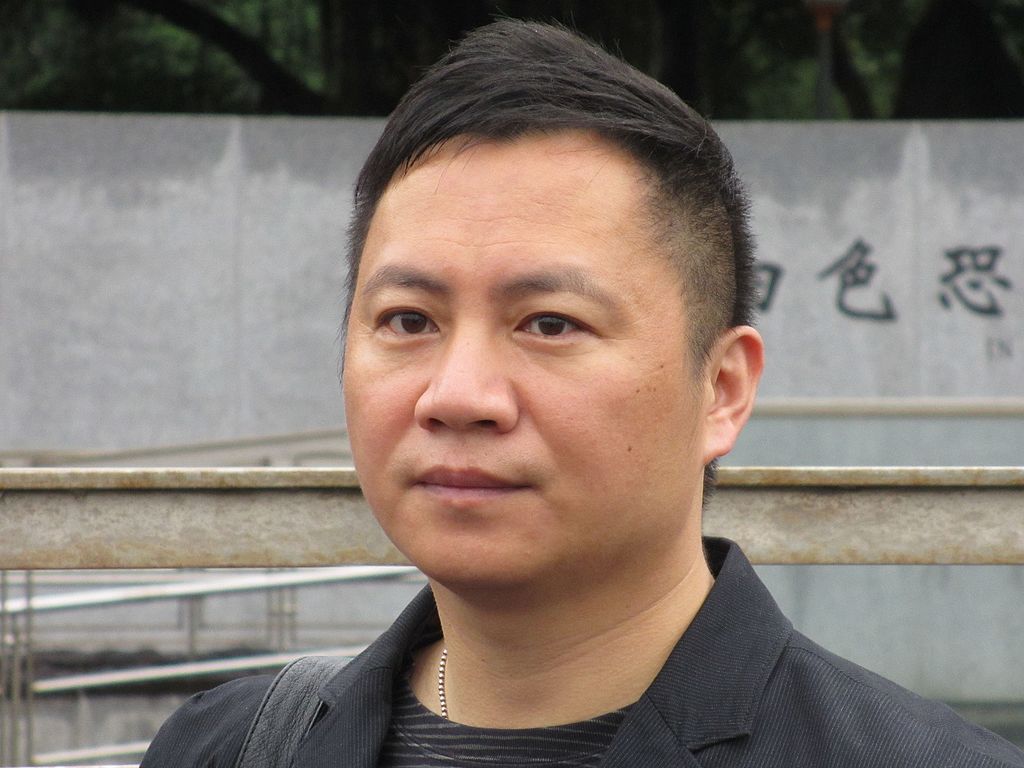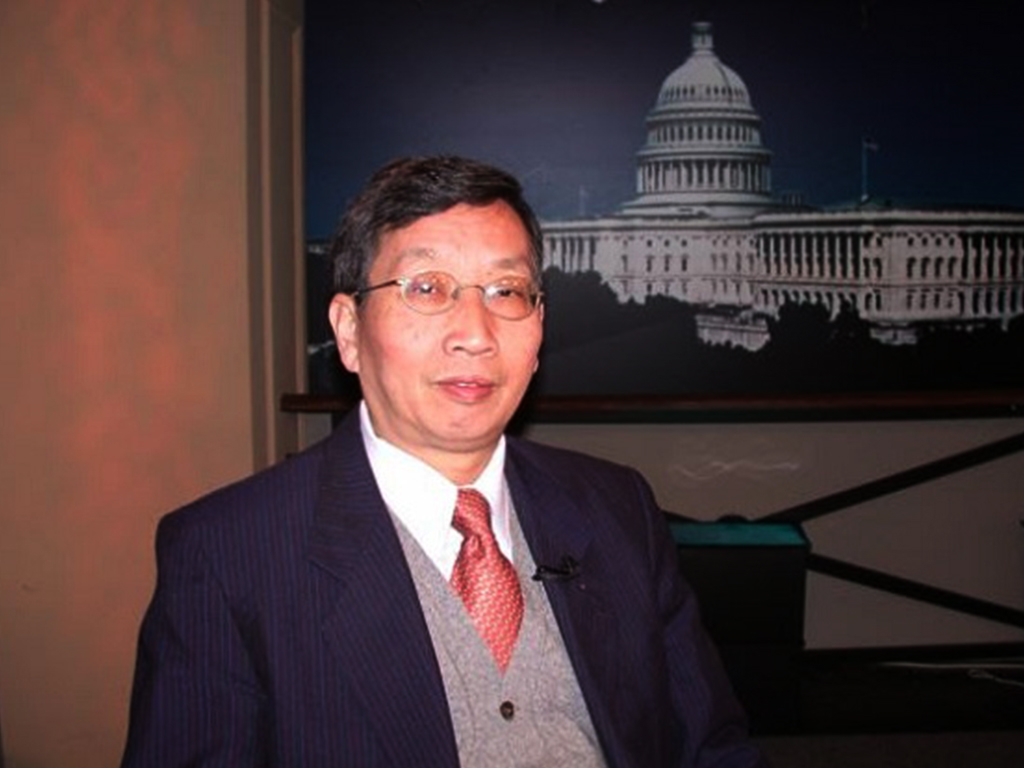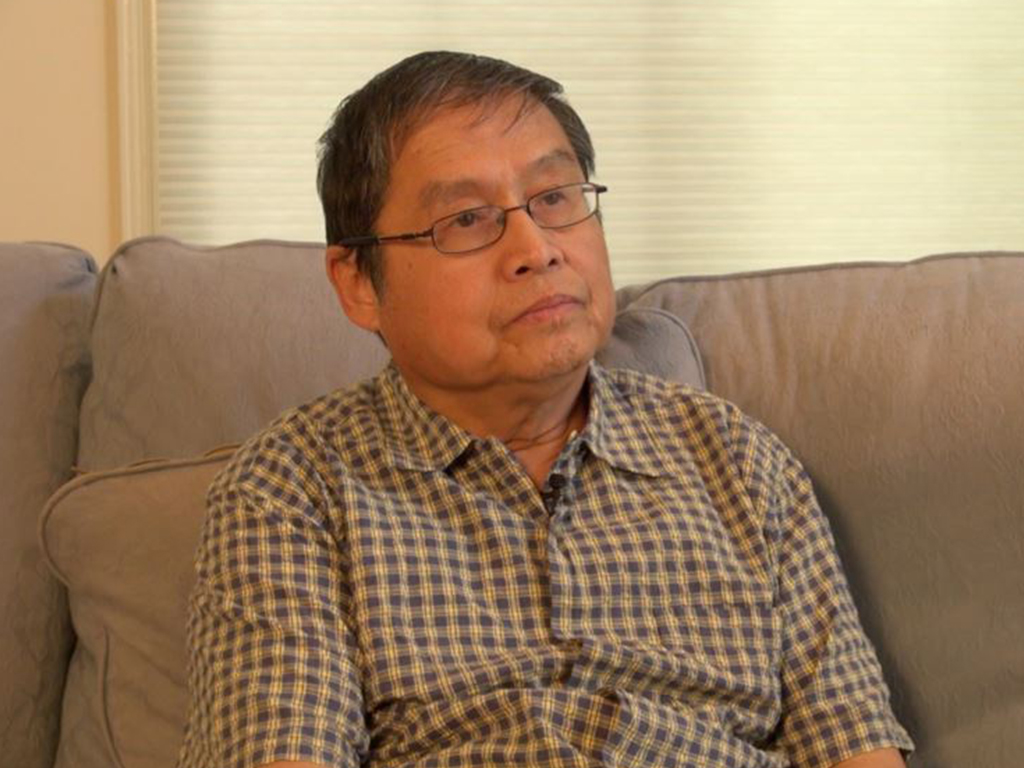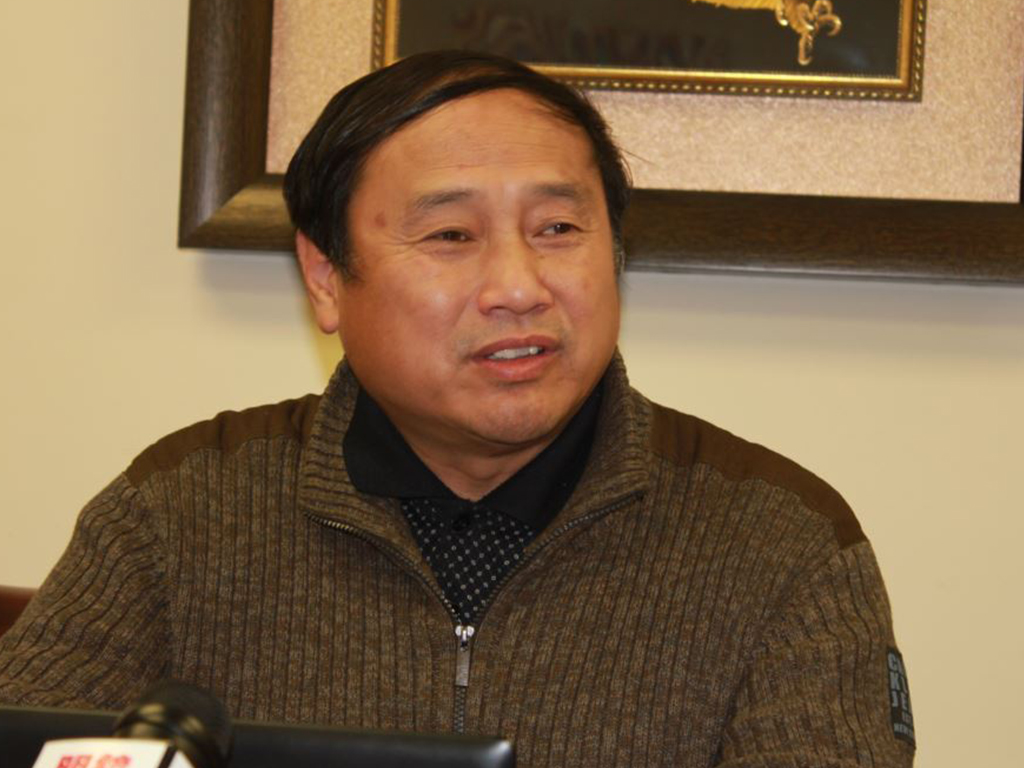Why we launch this think tank:
Introduction of Founders

Dan Wang
Founder

Hu Ping
Chairman of the board

Su Xiaokang
Convenor of the Advisory Board

Wang Juntao
Convener of the council
團隊組織介紹
Administration
- Director: Wang Dan ( student leader of 1989 democratic movement)
- Associate Director: Xiang Xiaoji (student leader of 1989 democratic movemen)
- Office Director: Jin Yan (student leader of 1989 democratic movement)
- Legal Advisor: Li Jinjin (student leader of 1989 democratic movement)
- Chair of Board: Wang Juntao ( chairman of China Democracy Party)
Board of Directors
- Wang Dan,
- Wang Juntao,
- Hu Ping ,( former chief editor of Beijing Spring)
- Su Xiaokang ,( writer)
- Chen Xiaoping, ( chief editor of Mirror media Group)
- Xiang Xiaoji,
- Jin Yan,
- Tong Yi, ( student leader of 1989 democratic movement, lawyer)
- Wang Tiancheng, ( Law scholar)
- Wang Ruizhi, (entrepreneur)
- Zhang Weiguo, (former chief editor of DongXiang magazine in Hongkang)
- Lin Fei-fan, (student leader of Sunflower movement of Taiwan)
- Joshua Wong,(student leader of umbrella movement in Hong Kong)
- Bai Xiaotong, (Chinese student in Canada)
- Yao Guan, (The founder of Anti Totalitarian Chinese Alliance)
Academic Committee
- Hu Ping (Chair of Academic Committee)
- Perry Link (Professor of UC Riverside)
- Ken Suzuki (Professor of Law of Minzhi University of Japan)
- Chen Kuide (philosopher)
- Xia Ming (professor of Politic of City University of New York)
- Wang Chaohua ( student leader of 1989 democratic movement)
- Feng Chongyi (Professor of SySydney Technology University)
- Xia ye liang (former professor of Beijing University)
Advisory Committee
- Su Xiaokang (Chair of Advisory Committee)
- Larry Diamond (professor of Stanford University)
- Cunzhu Zheng (advisor)
- Liao Yiwu (wiriter)
- Kang Zhengguo (writer)
- Wu’erkaixi (student leader of 1989 democratic movement)
- Zhang Boli ( student leader of 1989 democratic movement)
- Wu Zuolai (writer)
- Wu Renhua (1989 democracy movement study expert)
- Wei Bizhou (deputy chief editor of World Jounal)
- Kunga Tashi ( Chinese Liaison Officer of the Office of Tibet in DC )
- Yu Jinshan ( former Chairman of chinese Consolidated Benevolent Association of New York )
- Marie Holzman (well-known sinologists in France)
